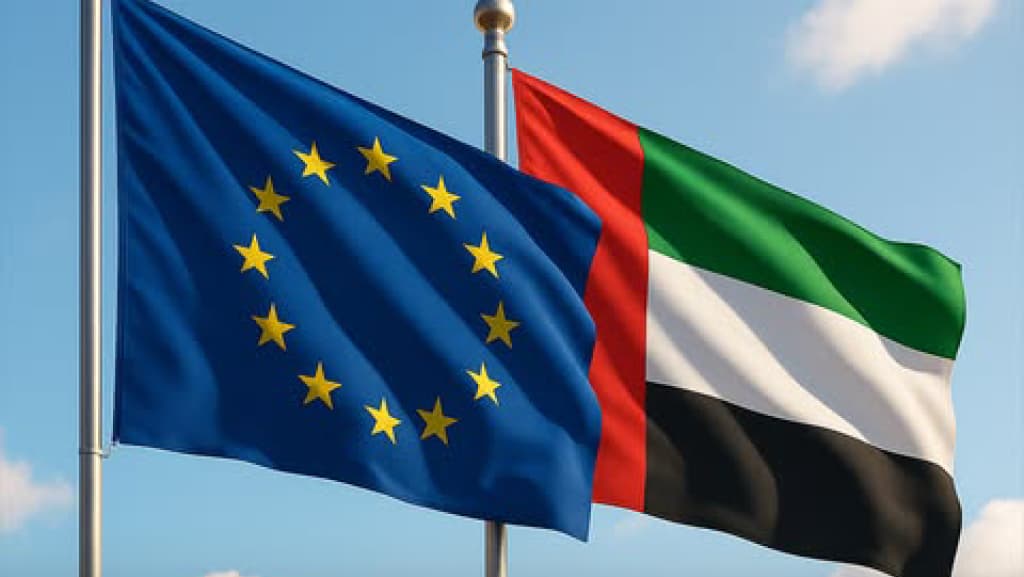
EU Removed UAE From High risk AML List
Banks, Businesses, and Fintechs Set to Benefit as EU Relaxes Financial Scrutiny
The European Parliament has officially voted to remove the United Arab Emirates from its "high-risk" list of jurisdictions with strategic deficiencies in anti‑money laundering (AML) and counter‑terrorism financing (CFT) controls. This move aligns EU policy with the Financial Action Task Force’s delisting of the UAE from its grey list in February 2024.
What This Change Means for UAE–EU Financial Relations
-
Easier Banking Access – European banks will no longer require enhanced due diligence for UAE clients, making account opening and cross-border transactions smoother and faster.
-
Lower Costs, Faster Onboarding – Reduced compliance steps mean lower paperwork and shorter wait times—good news for SMEs, exporters, fintechs, and multinational groups.
-
Greater Trust in UAE Fintechs – Digital asset firms, payment platforms, and neobanks can now partner more freely across Europe, expanding offerings like open‑banking and cross‑border payments .
According to the IMF, delisted countries often see capital inflows rise by about 7.6% of GDP and foreign direct investment by around 3%—a promising signal for the UAE economy.
A Strengthened UAE–EU Partnership
This delisting also removes a diplomatic obstacle to ongoing free trade negotiations between the UAE and the EU. UAE Minister Ahmed Ali Al Sayegh highlighted its significance as confirmation of the country’s commitment to robust AML/CFT systems and strategic economic cooperation.
The EU praised the UAE’s reforms—encompassing beneficial ownership transparency, real estate regulation, and better cooperation with global regulators—as evidence of improving financial integrity.
Compliance Remains Critical
The decision becomes legally binding once published in the EU’s official journal—expected within weeks. However, the EU also announced new additions of countries like Monaco, Algeria, and Lebanon to its high-risk list, reflecting a broader enforcement effort.
Ongoing international monitoring remains in place, particularly for sectors with higher AML risks such as real estate, luxury goods, and crypto-assets. UAE entities should maintain strong internal compliance to reap long-term benefits.
The Road Ahead: UAE Businesses Gear Up
With regulatory friction reduced, UAE companies are now better positioned to:
-
Access European banking systems more easily
-
Secure investment and partnerships with EU counterparts
-
Launch or scale fintech and digital finance ventures in Europe
Still, the message is clear: maintaining transparent and resilient compliance practices will be key to unlocking these new opportunities.
For any enquiries or information, contact info@thelawreporters.com or call us on +971 52 644 3004. Follow The Law Reporters on WhatsApp Channels